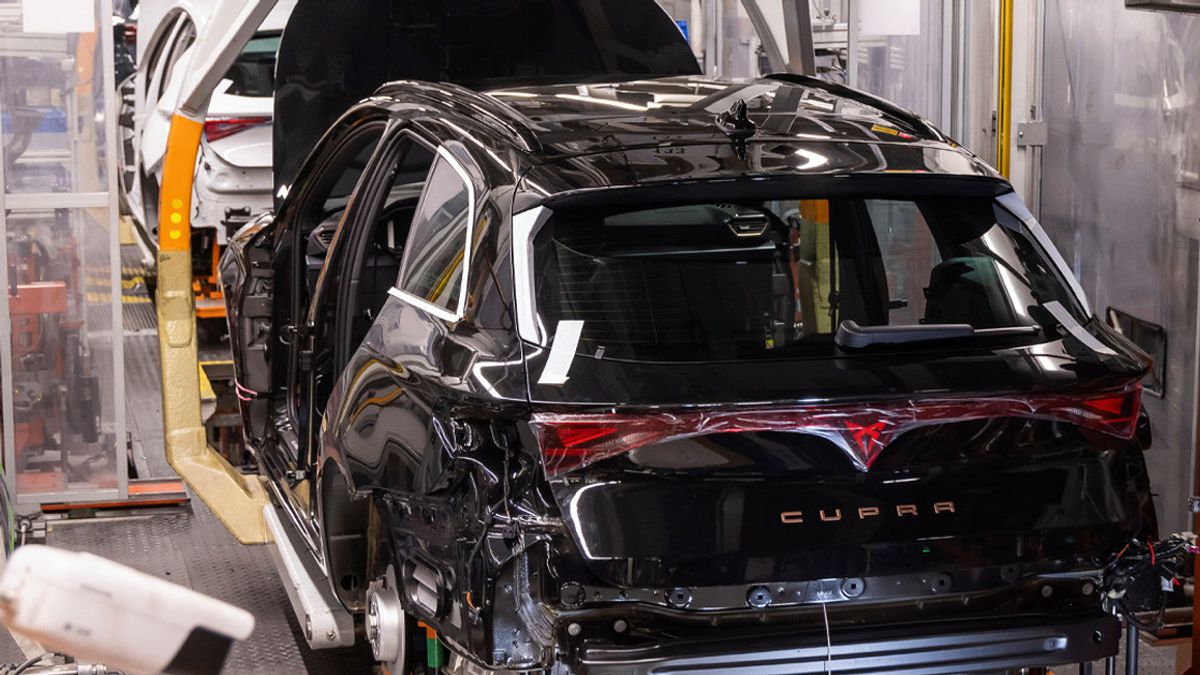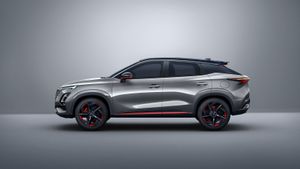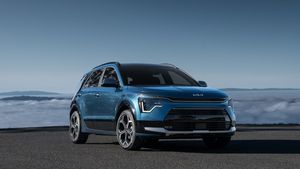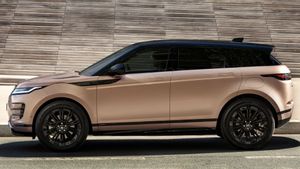JAKARTA - The transition from fossil fuel vehicles to electric cars in recent years has been intensively campaigned globally because it is encouraged by various strong reasons, both in terms of the environment, economy, and technology.
At first, the electric car use campaign went quite smoothly, but towards the end of 2024, the global automotive world was facing a bitter reality. The electric car (EV) production target, which was previously launched by a number of well-known manufacturers, must now be reduced. This is due to the growth in EV demand which has slowed below expectations.
According to market research firm Rho Motion data, quoted from Reuters, September 10, global EV sales (including pure electricity and plug-in hybrid) in the first half of 2024 only rose 20 percent. This figure is much lower than expected.
Meanwhile, the European region, as an area that has been aggressive from the start to encourage the use of electric cars, has even only experienced 1 percent growth in the same period.
SEE ALSO:
In response to this situation, car manufacturers are starting to reset targets and their plans.
As of September 10, several major manufacturers have adjusted their EV production targets, including:
The slowdown in EV demand indicates that the adoption of this new technology faces more complex challenges. While incentives and environmentally friendly policies continue to be promoted, other factors such as vehicle prices, charging infrastructure, war that triggers shortages of raw materials, to consumer preferences also affect the transition rate to the electric car era.
The English, Chinese, Japanese, Arabic, and French versions are automatically generated by the AI. So there may still be inaccuracies in translating, please always see Indonesian as our main language. (system supported by DigitalSiber.id)















